Bismuth nitrate oxide
Synonym(s):Bismuth oxynitrate;Bismuth(III) nitrate basic;Bismuth(III) oxynitrate;Bismuthyl nitrate
- CAS NO.:10361-46-3
- Empirical Formula: BiNO4
- Molecular Weight: 286.98
- MDL number: MFCD00064844
- EINECS: 233-792-3
- SAFETY DATA SHEET (SDS)
- Update Date: 2025-06-26 14:15:18
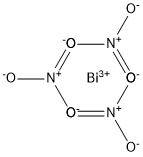
What is Bismuth nitrate oxide?
Chemical properties
heavy, white powder(s); slightly hygroscopic; uses: cosmetics, ceramic glasses, and enamel fluxes; there is a 99.99+% pure monohydrate, CAS RN 13595-83-0 [HAW93] [ALD94]
Physical properties
White powder; density 4.93 g/cm3; decomposes at 260°C; insoluble in water and ethanol; dissolves in acids.
The Uses of Bismuth nitrate oxide
Bismuth oxynitrate is used in cosmetics, enamel fluxes and ceramic glazes. Medical applications include treatment of diarrhea, and gastric ulcers; and opacifier in x-ray diagnosis of alimentary canal .
The Uses of Bismuth nitrate oxide
Bismuth(III) nitrate oxide is used as an organic chemical synthesis intermediate. It is also used in the spectrophotometric detection of bismuth.
Preparation
Bismuth oxynitrate is prepared by hydrolysis of bismuth nitrate using either water or sodium bicarbonate solution under mild heating (between 30 to 70°C) and stirring. The composition of the product formed can vary depending on the strength of nitric acid and the quantity of water used.
Properties of Bismuth nitrate oxide
| Melting point: | 260, decomposing [HAW93] |
| Density | 4.930 |
| solubility | insoluble in H2O, ethanol; soluble in acid solutions |
| form | Powder |
| color | White powder |
| Odor | Odorless |
| Water Solubility | Insoluble in water. Soluble in acids. |
| InChI | InChI=1S/Bi.3NO3/c;3*2-1(3)4/q+3;3*-1 |
| CAS DataBase Reference | 10361-46-3(CAS DataBase Reference) |
Safety information for Bismuth nitrate oxide
| Signal word | Danger |
| Pictogram(s) |
 Flame Over Circle Oxidizers GHS03  Exclamation Mark Irritant GHS07 |
| GHS Hazard Statements |
H272:Oxidising liquids;Oxidising solids H315:Skin corrosion/irritation H319:Serious eye damage/eye irritation H335:Specific target organ toxicity, single exposure;Respiratory tract irritation |
| Precautionary Statement Codes |
P220:Keep/Store away from clothing/…/combustible materials. P221:Take any precaution to avoid mixing with combustibles/… P261:Avoid breathing dust/fume/gas/mist/vapours/spray. P305+P351+P338:IF IN EYES: Rinse cautiously with water for several minutes. Remove contact lenses, if present and easy to do. Continuerinsing. P405:Store locked up. |
Computed Descriptors for Bismuth nitrate oxide
| InChIKey | PPNKDDZCLDMRHS-UHFFFAOYSA-N |
| SMILES | [Bi+3].[N+]([O-])(=O)[O-].[N+]([O-])(=O)[O-].[N+]([O-])(=O)[O-] |
Bismuth nitrate oxide manufacturer
New Products
Indole Methyl Resin tert-butyl 9-methoxy-3-azaspiro[5.5]undecane-3-carboxylate Boc-His(Boc)-OH 2-CTC Resin 4-Chloro-7-tosy1-7Hpyrrolo[2,3-d]pyrimidine 5,7-Dibromo-1H-indole 2,5-dichloro-N-hydroxy-4,6-dimethylpyridine-3-carboximidamide 2,2-Dimethoxy-7-azaspiro[3.5]nonane hydrochloride 4-chloromethyl-5-methyl-1,3-dioxol-2-one (DMDO-Cl) R-2-BENZYLOXY PROPIONIC ACID 1,1’-CARBONYLDIIMIDAZOLE 1,1’-CARBONYLDI (1,2-4 TRIAZOLE) N-METHYL INDAZOLE-3-CARBOXYLIC ACID 4-((2-hydroxyethyl)thio)benzoic acid 1-(TERT-BUTOXYCARBONYL)-2-PYRROLIDINONE Methyl 6-methylnicotinate 3-Pyridineacrylic acid tert-Butyl carbazate TETRAHYDRO-2H-PYRAN-3-OL 2-((4-morpholinophenylamino) (methylthio) methylene) malononitrile 3-(4-morpholinophenylamino)-5-amino-1H-pyrazole-4-carbonitrile 2,4-dihydroxybenzaldehyde 1,3-Diethyl-1,3-Diphenylurea Methyl 2-methylquinoline-6-carboxylateRelated products of tetrahydrofuran
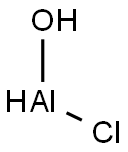
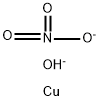
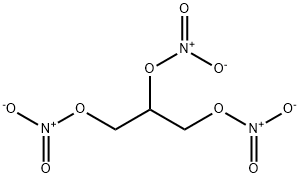
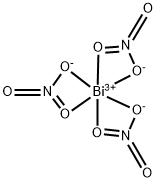
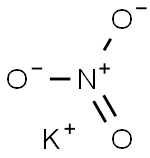



You may like
-
 10361-46-3 99%View Details
10361-46-3 99%View Details
10361-46-3 -
 Bismuth(III) nitrate oxide CAS 10361-46-3View Details
Bismuth(III) nitrate oxide CAS 10361-46-3View Details
10361-46-3 -
 Bismuth(III) nitrate oxide CAS 10361-46-3View Details
Bismuth(III) nitrate oxide CAS 10361-46-3View Details
10361-46-3 -
 Bismuth(III) nitrate oxide, 99.999% CAS 10361-46-3View Details
Bismuth(III) nitrate oxide, 99.999% CAS 10361-46-3View Details
10361-46-3 -
 Bismuth (III) nitrate oxide 98.00% CAS 10361-46-3View Details
Bismuth (III) nitrate oxide 98.00% CAS 10361-46-3View Details
10361-46-3 -
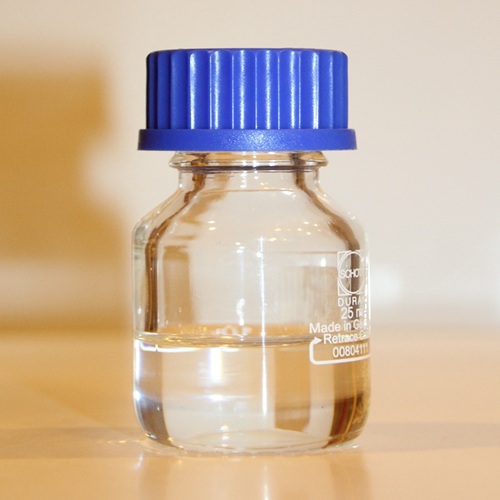 Pyridine 99.5% HPLC /UV SpectroscopyView Details
Pyridine 99.5% HPLC /UV SpectroscopyView Details
110-86-1 -
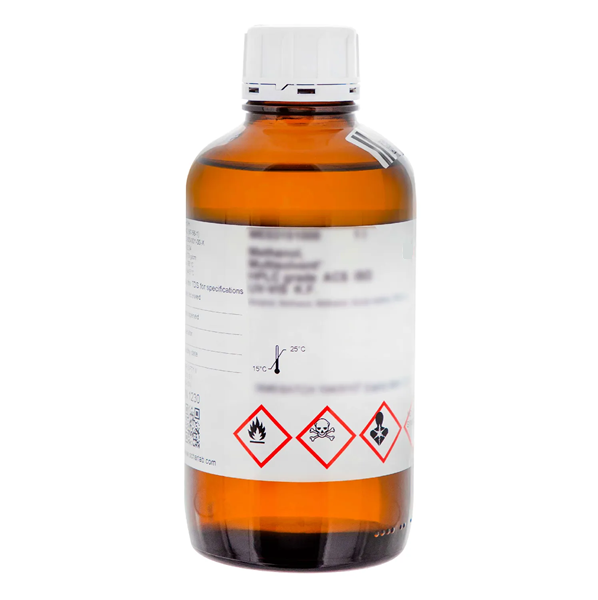 Dibutyl PhthalateView Details
Dibutyl PhthalateView Details
84-74-2 -
 Thiourea 99% ARView Details
Thiourea 99% ARView Details
62-56-6
